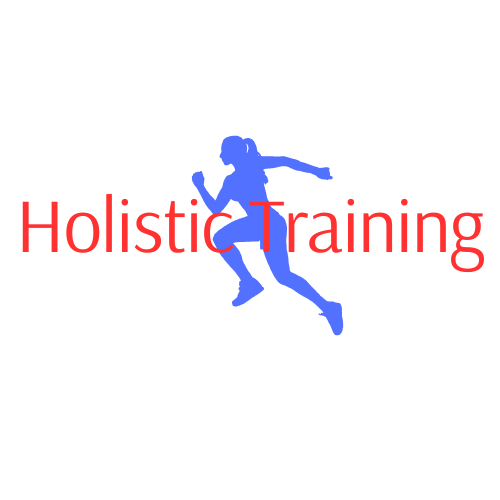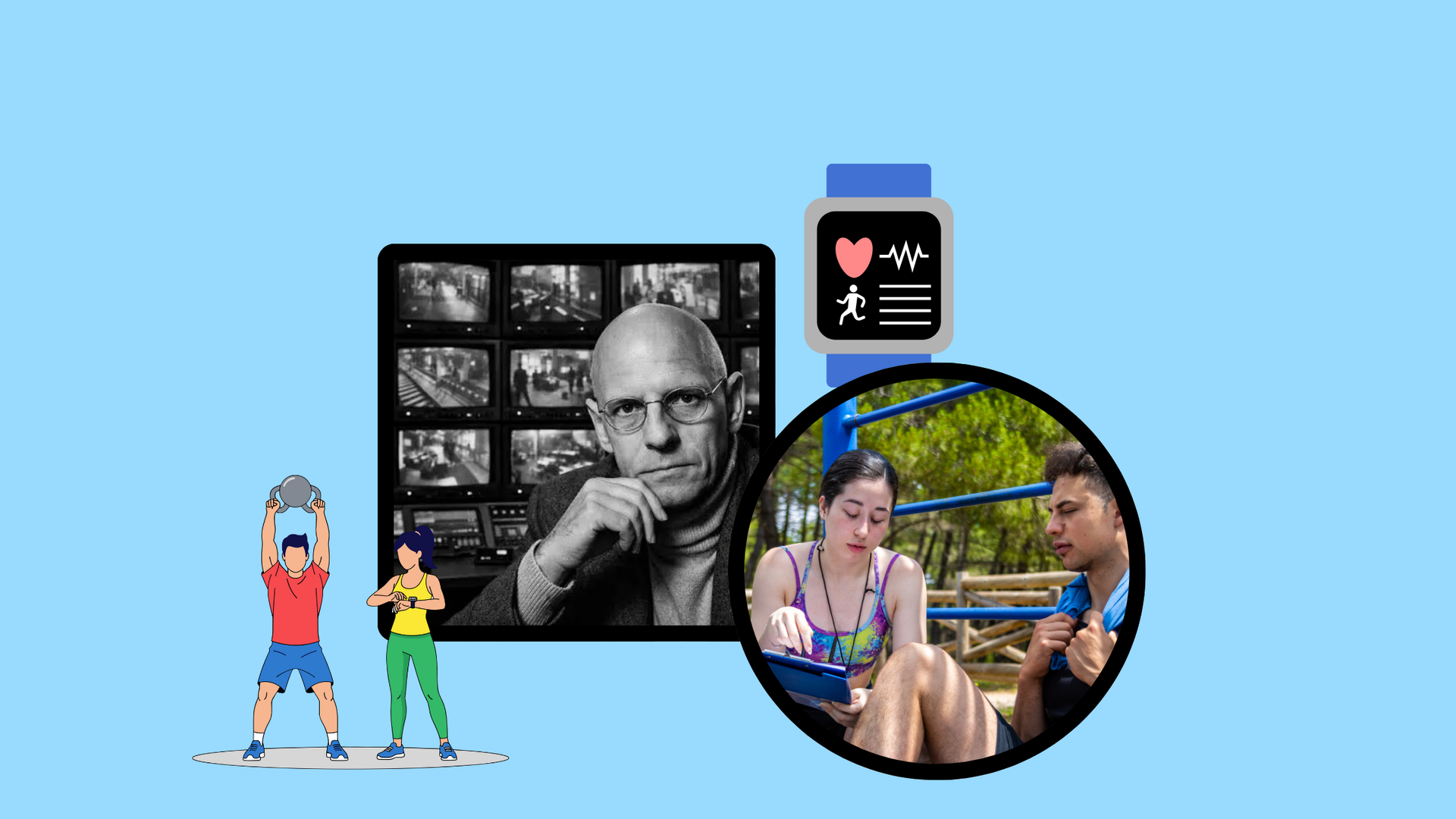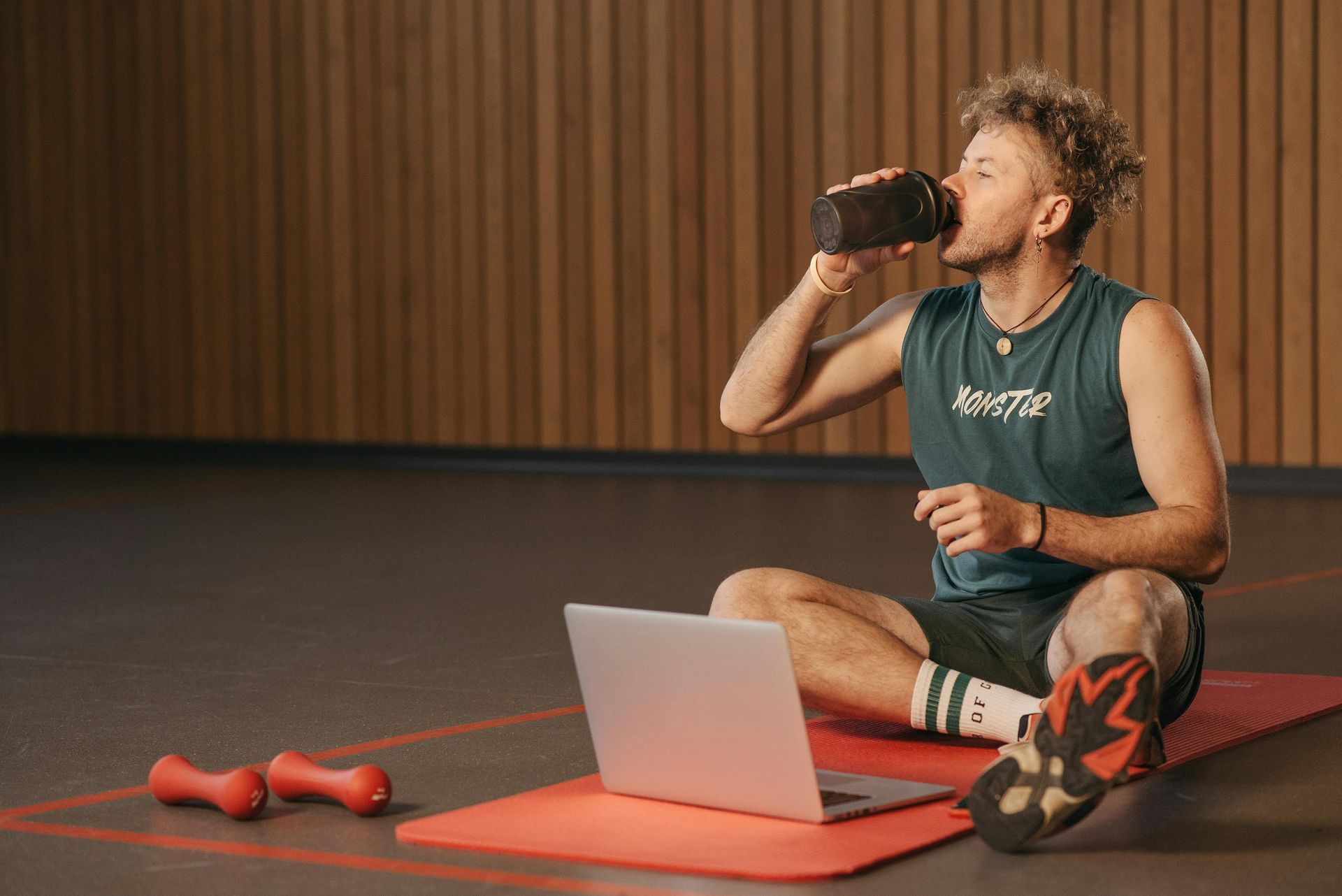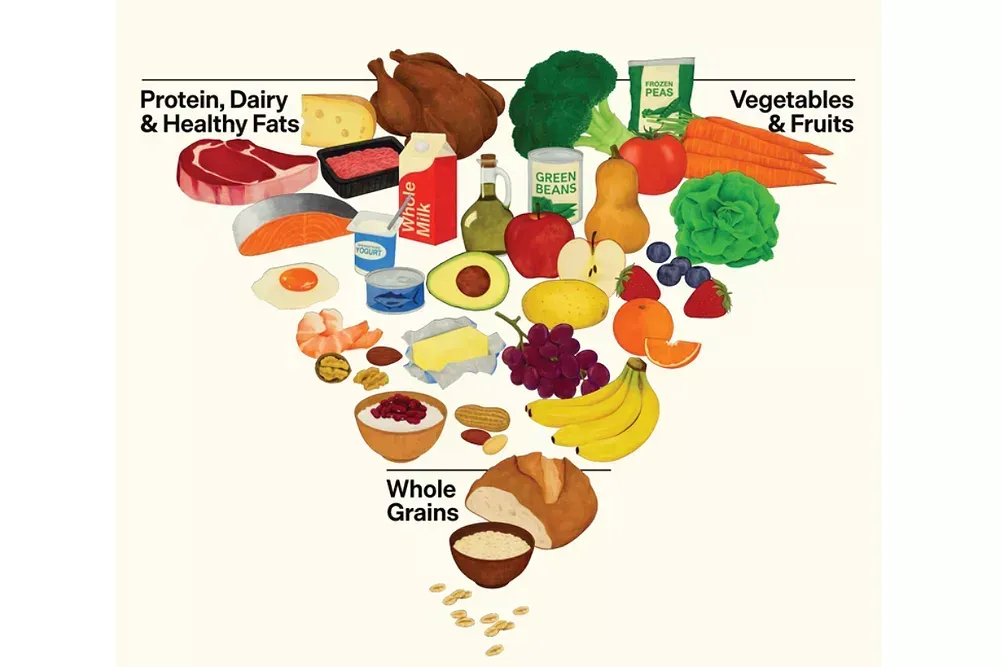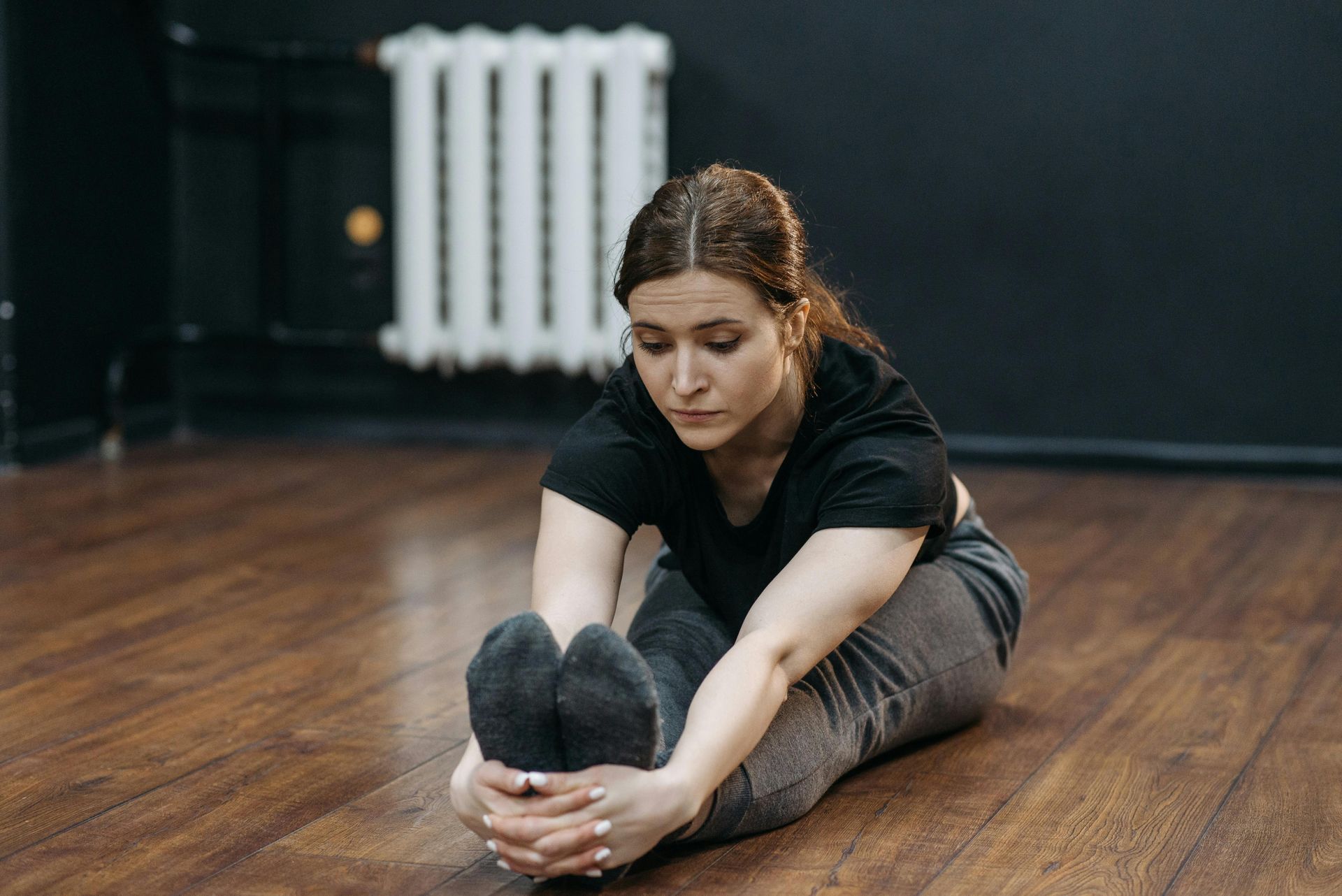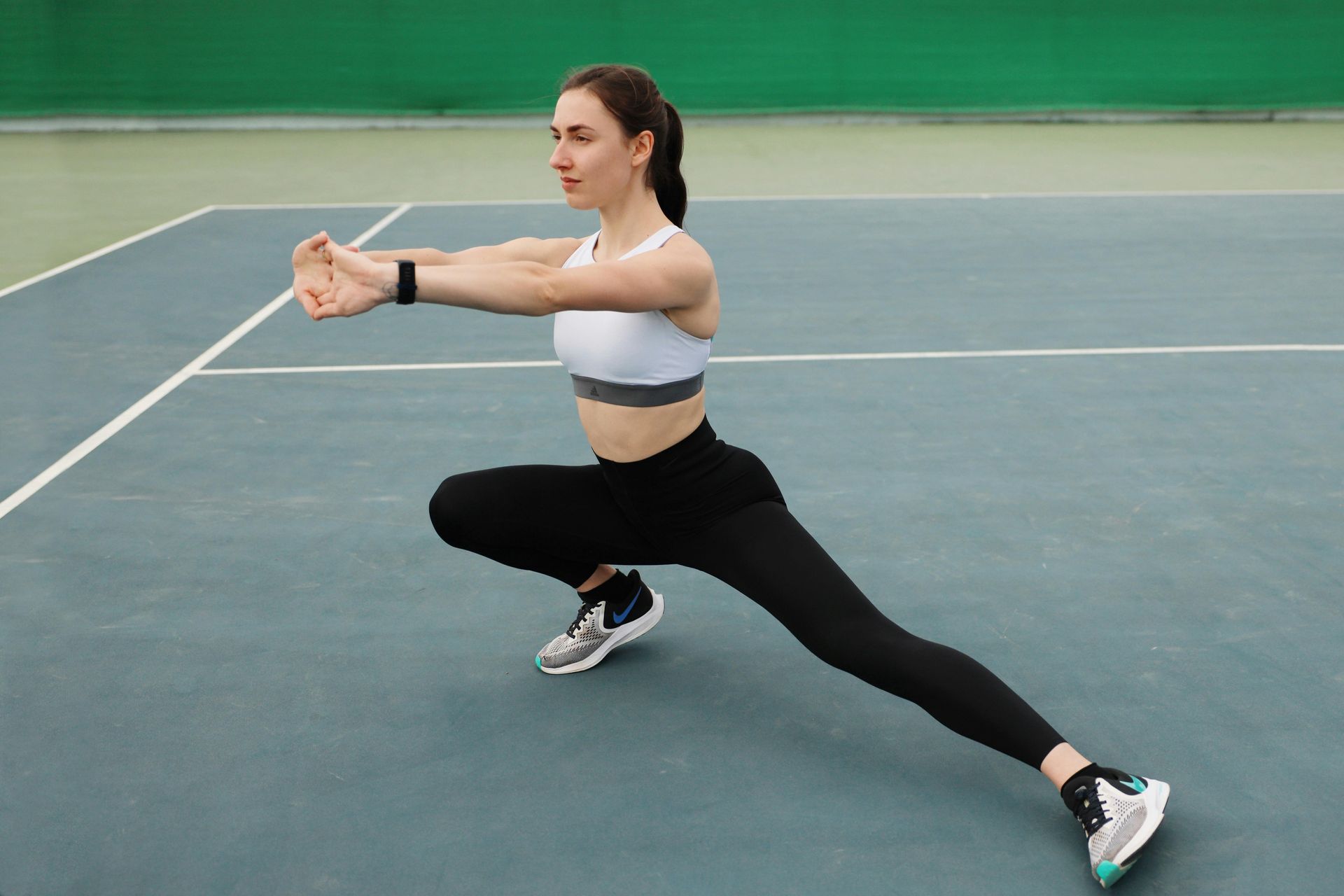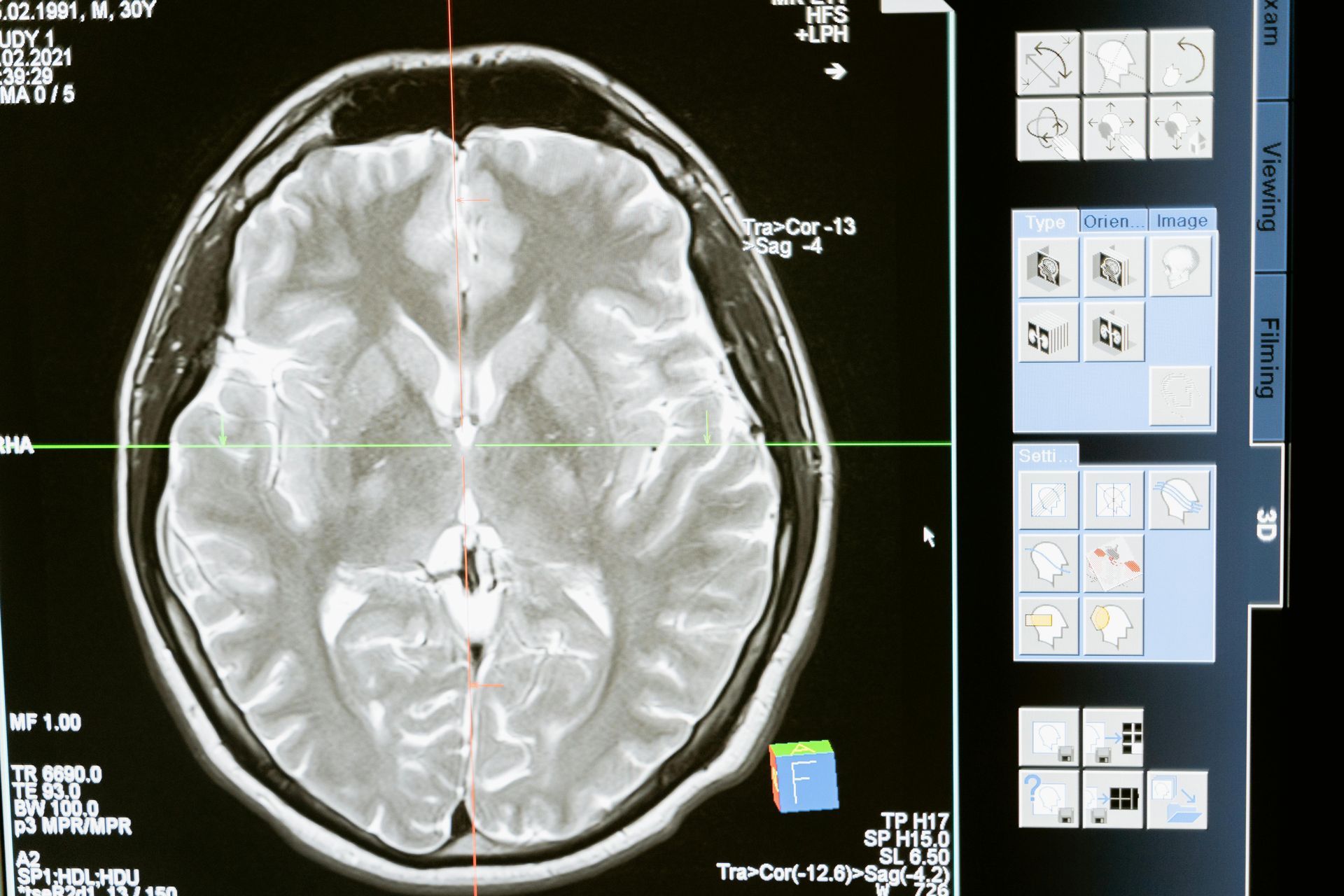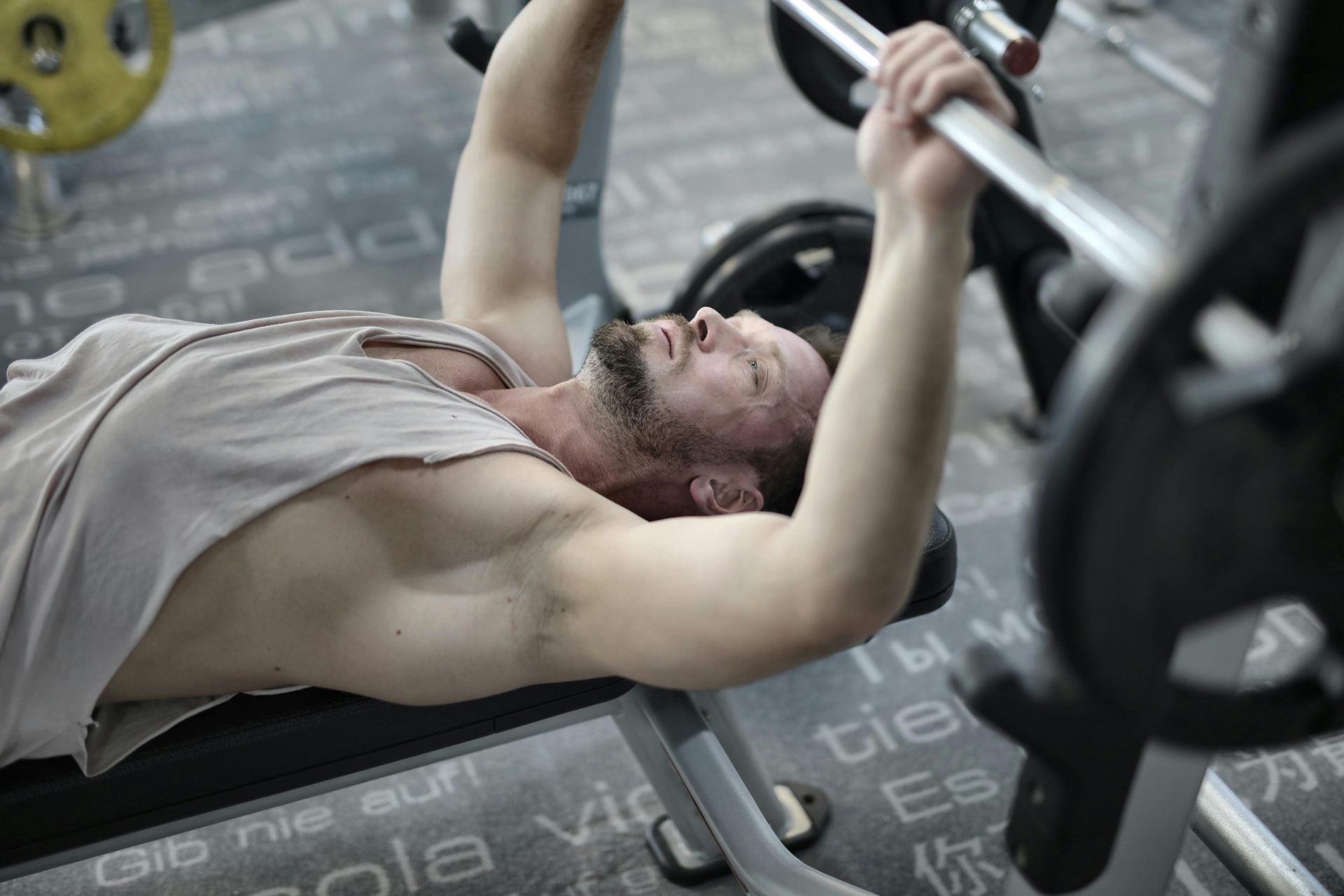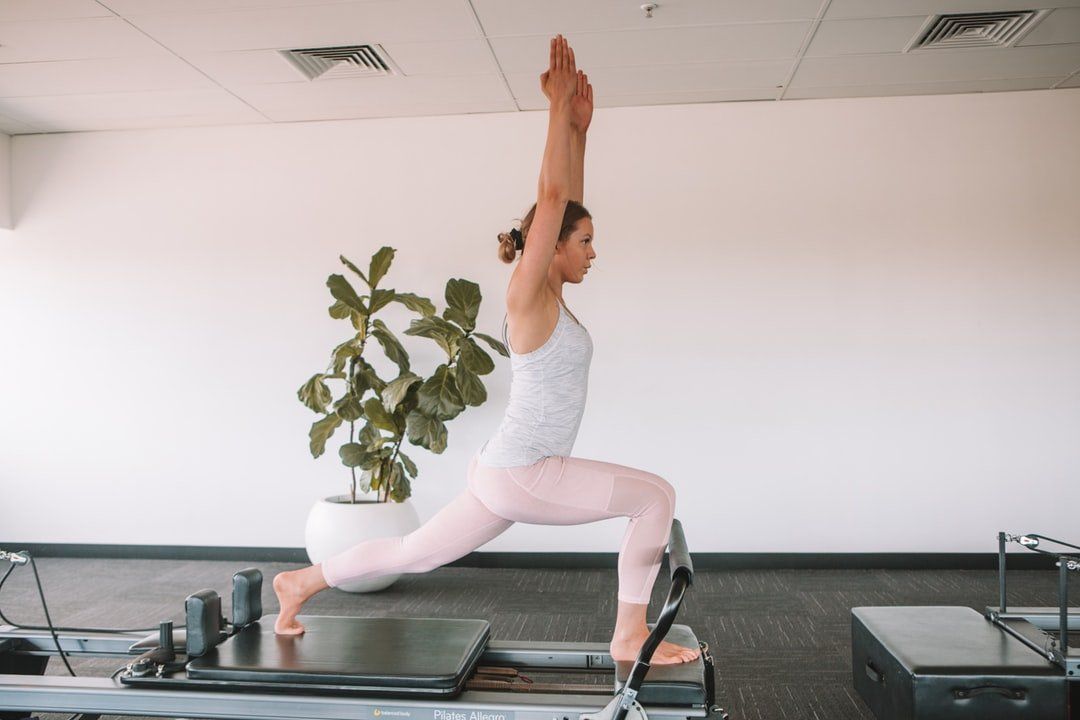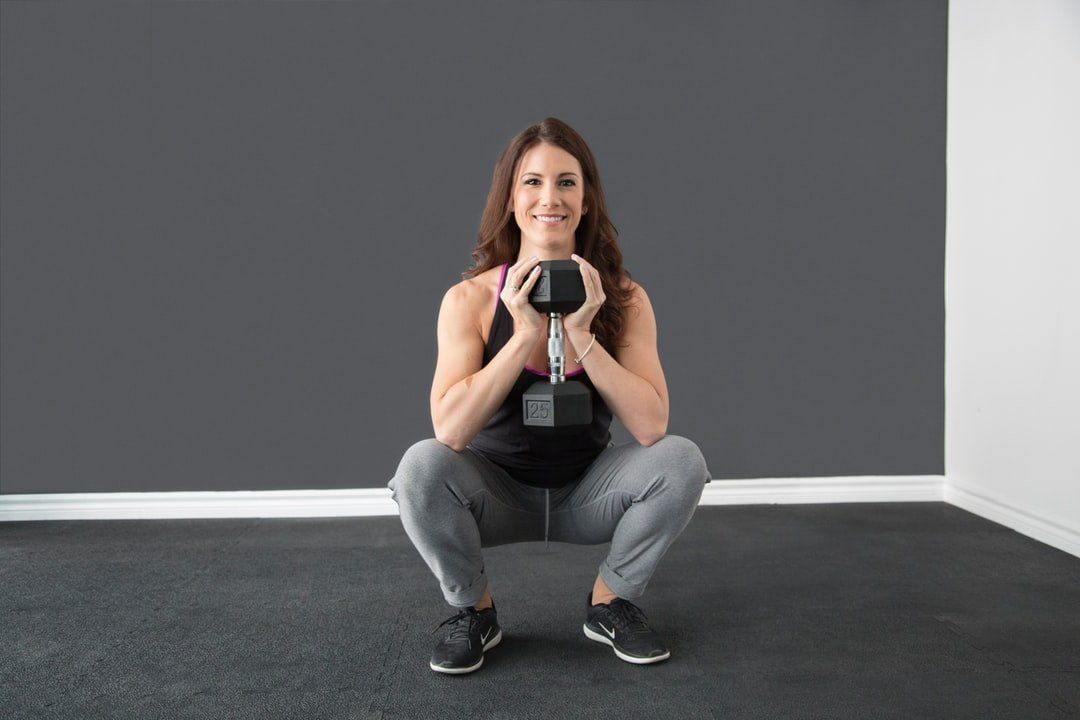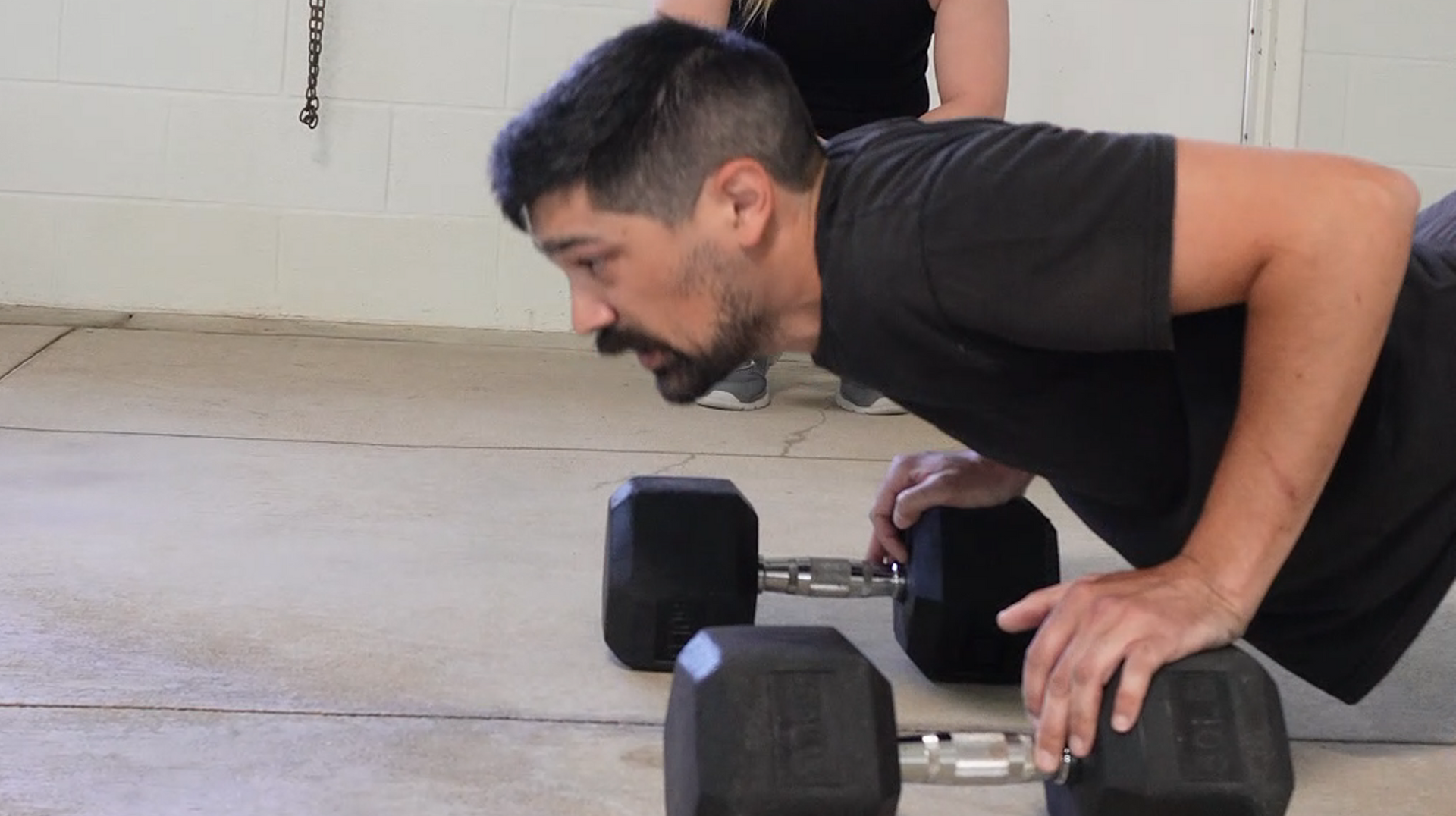Why A Client-centered Approach?
Why you should be front and center
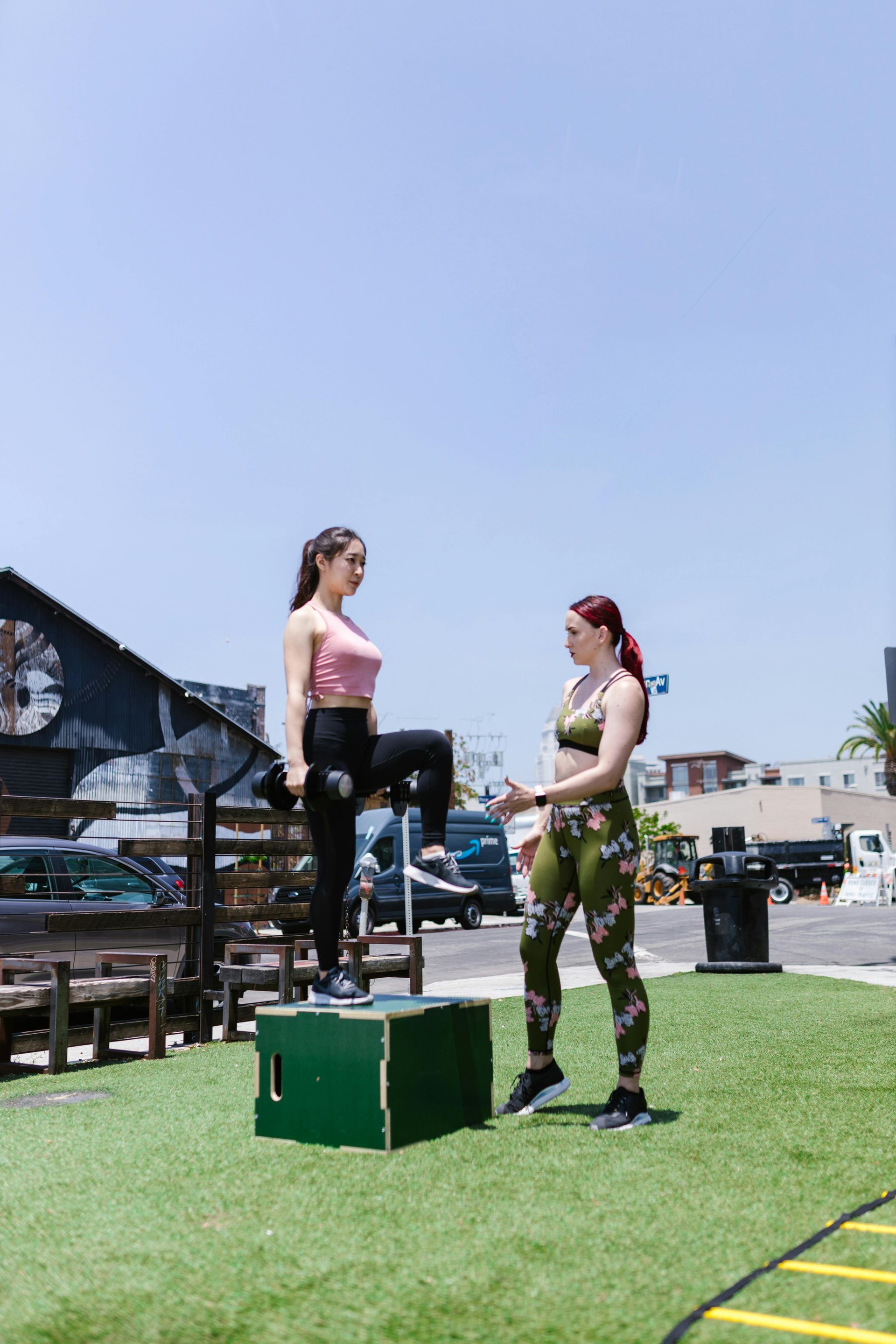
TL; DR: In contrast to "one-size-fits-all" fitness programs, a client-centered approach treats you as a whole person, prioritizing your unique life context, values, and psychological well-being. By utilizing collaborative goal setting and personalized plans, this philosophy fosters self-efficacy and intrinsic motivation—the keys to long-term adherence. Grounded in empathy and trust, this approach empowers you through education, ensuring that your health journey is not just effective, but deeply meaningful and sustainable for your specific lifestyle.
In a world often obsessed with quick fixes and one-size-fits-all solutions, I want to shed some light on an approach at the heart of my philosophy that guides my work as a coach and personal trainer: a client-centered approach rooted in holistic principles. But what exactly does "client-centered" mean in this context?
For me, it goes far beyond simply designing workout routines. It means prioritizing you – your unique needs, your individual goals, and the tapestry of your life experiences. My holistic lens encourages me to consider the many interconnected facets of your well-being, extending beyond just physical fitness to encompass lifestyle, nutrition, mental and emotional health, past experiences, and your personal values and beliefs about health.
Here’s a deeper look at how this client-centered philosophy translates into my coaching practice:
Seeing You as a Whole Person
Forget reducing you to mere numbers on a scale or the weight you can lift. I strive to understand the bigger picture of your life. This involves asking questions and truly listening to your responses about your daily routines, dietary habits, stress levels, emotional landscape, and your previous experiences with health and wellness. By understanding these elements, I can create a truly supportive and effective plan.
If you are curious about the scientific rationale for this, consider a systematic review and meta-analysis of randomized controlled trials on the effect of health coaching on blood pressure control and behavioral modification in patients with hypertension. This paper by Meng and colleagues (2022) shows that a coaching approach that considers behavioral factors in the context of lifestyle and personal context can help improve health outcomes including reduced blood pressure, improved dietary behaviors, and increased self-efficacy.
Research on adherence by Xu and colleagues (2024) suggests that a personalized approach that takes a trainee's context into account can enhance adherence. They conclude that a coach’s “efforts should focus on enhancing adherence by strengthening multibehavioral motivation, optimizing solutions, and addressing barriers to improve overall adherence.” McQueen and colleagues (2020) also found that a coach’s ability to understand a client’s unique situation is seen as an important factor in motivation.
Collaborative Goal Setting
I firmly believe that the most sustainable and meaningful progress happens when we work together. Instead of handing you a generic program, I prioritize active listening and open communication to collaboratively define realistic and meaningful goals that resonate with you. This involves educating you on different possibilities, offering my expertise, and remaining flexible as your needs and circumstances evolve.
Research on goal setting for behavior change highlights the importance of collaboration. For instance, Bodenheimer and Handley (2009) suggest that clients are more likely to feel ownership and be invested in achieving goals when they are actively involved in setting them, which leads to increased motivation and adherence. Communication, including active listening, providing support, and fostering accountability, has also been found to play a very significant role in improving outcomes.
Personalized Programs
Your training program should be as unique as you are. My approach involves crafting personalized plans that address the interconnectedness of your well-being. This might include a variety of movements that not only build strength but also improve mobility and coordination. While staying within my professional boundaries (AKA, scope of practice), I may also offer guidance on nutritional choices and suggest practical stress management techniques and sleep hygiene recommendations to support your overall health.
A systematic literature review by Li and colleagues (2022) indicates that personalized exercise programs that address individual needs and issues found in physical function assessments may be effective in improving certain physical outcomes in older populations. Even apps providing personalized video exercises may improve physical function and confidence according to Davergne and colleagues (2023).
Empowerment Through Education
My role isn’t just to tell you what to do; it’s to empower you to take the reins of your health journey. I’m dedicated to teaching you proper form and technique so you feel confident and safe in your movements. I'll also share valuable resources and information to deepen your understanding of your body and your health. Ultimately, I aim to help you discover the joy and purpose in movement, fostering intrinsic motivation that lasts long after our sessions.
Consider a study by Buchmann and colleagues (2023) which found that education "was positively associated with more advanced phases of motivational readiness for leisure-time physical activity.” A systematic review and meta-analysis by Sierra-Diaz and colleagues (2019) suggests that athletes who experience greater autonomy, competence, and relatedness generally have greater intrinsic motivation and adherence. Intrinsic motivation, which is motivation to do an activity for its own sake, arises from enjoyment and satisfaction of the activity. Another study by Yubin and colleagues (2025) found that, “A high level of self-efficacy enables individuals to initiate and sustain regular physical activity despite obstacles and challenges.” Self-efficacy is understood by one’s confidence in their own ability to perform certain tasks. In other words, people with high degrees of confidence in their abilities to exercise are more likely to stick with their programs. Self-efficacy is also positively related to education.
Building a Relationship Based on Trust and Understanding
The foundation of any successful coaching relationship is built on empathy and trust. I prioritize creating a safe and non-judgmental space where you feel comfortable being honest about your struggles, celebrating your successes, and asking questions without hesitation. Consistent communication and ongoing support are paramount to ensure you feel heard, understood, and motivated throughout your journey.
Final Thoughts
In essence, my client-centered approach within a holistic philosophy means that I see you as more than just a body to be trained. I recognize the intricate web of your physical, psychological, and social well-being. My programs are designed to nurture your overall health, empowering you to achieve your goals in a way that is both sustainable and deeply meaningful to you. It's about embarking on a journey together, where your individual needs and aspirations are always at the heart of everything we do.

